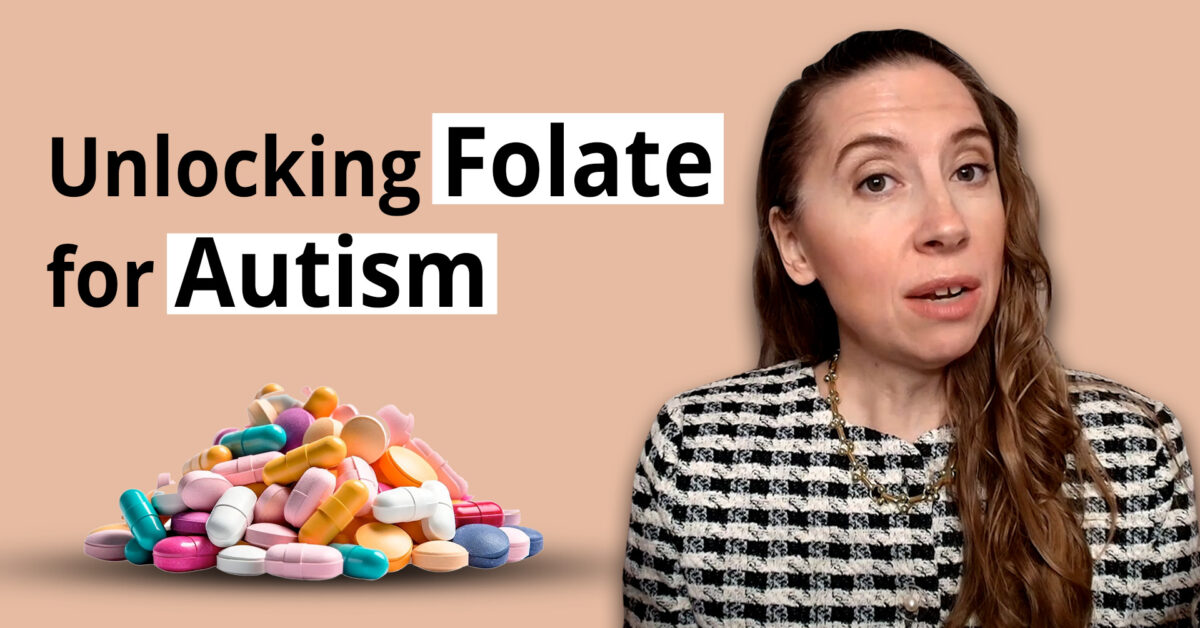Warning – This is for Beginners AND Advanced
Magnesium is many times used both at the beginning of healing from autism, as well as towards the end. In the beginning, it’s usually used alone, but towards the end of healing, it’s used in combination with other supplements that need Magnesium as a cofactor. So, many times it’s used in the beginning, it’s stopped towards the middle phase, and then when things get very specific and fine-tuned, then Magnesium is used again in combination with other supplements that require Magnesium as a cofactor. Needless to say, please work with your health care team at each step of the healing.
Indications Of Need For Magnesium Supplementation:
- Sleep issues
- Constipation
- Seizures
- Anxiety
- Panic attacks
- Muscle twitches or cramps
- Numbness or tingling in limbs
- Inflammation
What Is Magnesium?
Magnesium is involved in a lot of biological processes. Its main action is to regulate enzyme activity, to control the activity of various calcium and potassium channels, those are really important, and also to promote membrane stabilization.
Magnesium is vital for
- energy production
- muscle contraction
- nerve function
- maintenance of strong bones
Magnesium is also responsible for the maintenance of the transmembrane gradients of sodium and potassium. Again, this is very vital for an optimally functioning body.
How Does Our Body Get Magnesium?
Typically, the body obtains Magnesium from the diet, and it is absorbed by the small intestine and colon. When the gut is not performing optimally, as is the case with so many of those with autism, then that can interfere with the body getting adequate Magnesium from the food eaten.
This is why making sure that digestion is optimal, the gut is fully functioning, is so important and is vital as one of the first steps in healing autism, because otherwise, you could end up supplementing without necessarily fixing the problem. The problem is that the gut is not functioning optimally. So as the gut improves its functioning, it can extract more vitamins and minerals, such as Magnesium, and then have better functioning biological processes.
Adverse Effects Of Magnesium
The adverse effects of Magnesium are actually very little. The most commonly reported adverse effects with Magnesium are
- an urgency to move the bowels
- hyperactivity
- loose stools
The solution most often proposed, so that problem is to reduce the amount given. Many times with constipation, this is actually not necessarily an adverse effect, this is actually the effect that is wanted.
Another solution commonly explored is changing the non-Magnesium counterpart. Magnesium is a cation, a positively charged element, so it needs an anion to counter it. Magnesium is paired with a variety of anions; Magnesium citrate, there’s several. So, many times if there is an issue with the Magnesium, before just discounting and stopping Magnesium use entirely, you can explore a different anion.
Magnesium And Autism
Studies from 18 different research groups have shown that Vitamin B6 and Magnesium are beneficial to about half of autistic individuals with no significant adverse effects. So that’s pretty profound that 18 different research groups have shown that the combination of Vitamin B6 and Magnesium is beneficial to about half of those with autism. 11 of those 18 studies involved a double-blind placebo-controlled design, which is the gold standard of clinical trial design.
These studies documented:
- decreases in behavioral problems
- improvements appropriate behavior
- normalization of brainwave activity
- as well as urine biochemistry
- may reduce seizure activity – there’s also evidence that Vitamin B6 and Magnesium when given together, may reduce seizure activity. Obviously, that is very important for those with autism who have a comorbidity of epilepsy.
Parents’ reports confirm improvement in
- attention
- learning
- speech/language
- visual contact
There’s another pilot study that was done of a moderate dose of a multivitamin. So this is a combination of multivitamin-mineral supplement for children with autism, and the results showed significant improvements in sleep and GI problems, compared to the placebo group. Again, many of these studies were the double-blind, placebo-controlled, and that’s the top of the line, clinical trial way of structuring to get the most information out.
Magnesium As An Autism therapy
Here’s a quote from some literature
‘’Due to the small number of studies and the methodological quality of studies, no recommendation can be advanced regarding the use of B6-Mg as a treatment for autism. There is simply not sufficient evidence to demonstrate treatment efficacy.’’
So the literature says, about half of those with autism can benefit measurably from Magnesium introduced as a supplement, Magnesium sometimes with another supplement, but it doesn’t help every single one with autism.
It is extremely difficult to find one approach that will work for all of those with autism. This is why working with a skilled healthcare practitioner, who can see what your child needs, is vital to healing.
Magnesium Towards The End Of The Healing Journey
Magnesium is often used in combination with other supplements towards the end of the healing journey to ‘’fine tune’’ certain biological processes. These fine-tuning, these very eloquent moves towards the end when the gut is functioning and the Microbiota is balanced, these are very specific to your child’s needs.
So again, working with a skilled healthcare practitioner, who can see what your child needs at the end of this healing journey, it’s absolutely vital to complete that journey.



